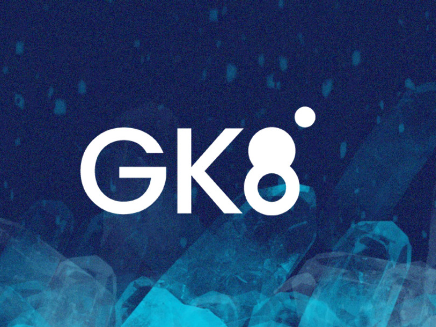Generative AI is revolutionizing the way we interact with technology and creating endless possibilities for innovation. From art and music to text generation and image synthesis, generative AI has the potential to transform various industries. In this article, we will delve into the world of generative AI, exploring its applications, benefits, challenges, and future trends.
Generative AI refers to algorithms that have been trained on vast amounts of data to generate new content that resembles human-created output. One popular application of generative AI is in the field of art generation, where algorithms can create stunning visual art pieces that blur the lines between human and machine creativity. Additionally, generative AI has been used in music composition, with algorithms capable of producing unique melodies and harmonies that can inspire musicians and composers.
Another exciting application of Generative AI is in text generation, where algorithms can mimic human writing styles and produce coherent articles, stories, or poems. This technology has been utilized in content creation for marketing purposes as well as assisting writers in generating ideas and inspiration. Furthermore, generative AI has been employed in image synthesis to create realistic images from textual descriptions or sketches, opening up new possibilities for virtual reality experiences and design projects.
While generative AI holds immense promise for creativity and innovation, it also presents ethical challenges and concerns. The ability of algorithms to generate highly convincing fake content raises issues related to misinformation, copyright infringement, and privacy violations. It is crucial for developers and users of generative AI technologies to be aware of these risks and implement safeguards to ensure responsible usage.
Despite the challenges associated with generative AI, the future looks bright for this technology. Researchers are constantly pushing boundaries in developing more advanced algorithms that can generate even more realistic content across different domains. As generative AI continues to evolve, we can expect to see groundbreaking applications in fields such as healthcare diagnostics, drug discovery, language translation, and more.
Conclusion: In conclusion, generative AI is a fascinating field that has the potential to revolutionize multiple industries by enabling machines to create content that was once exclusive to human creativity. While there are challenges that need to be addressed regarding ethics and misuse of generative AI technologies, the benefits far outweigh the risks. As we continue to explore the wonders of generative AI, we must approach its development with caution but also with a sense of excitement for the endless possibilities it brings.
Exploring the Wonders of Generative AI

Categories:


